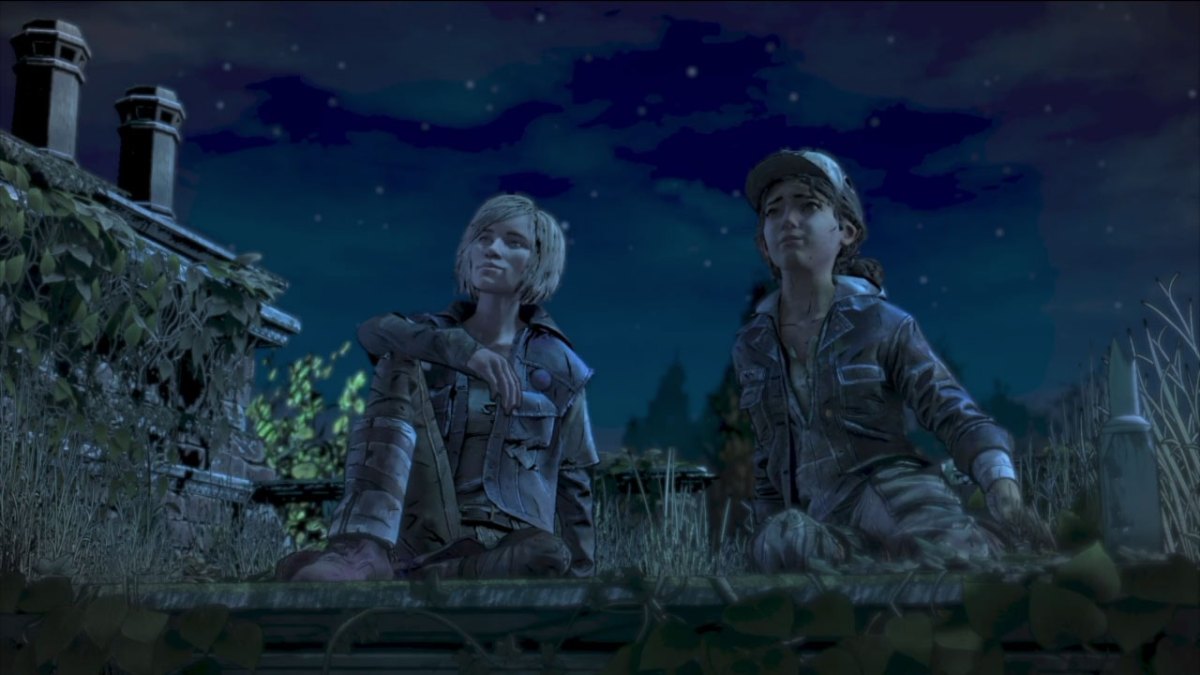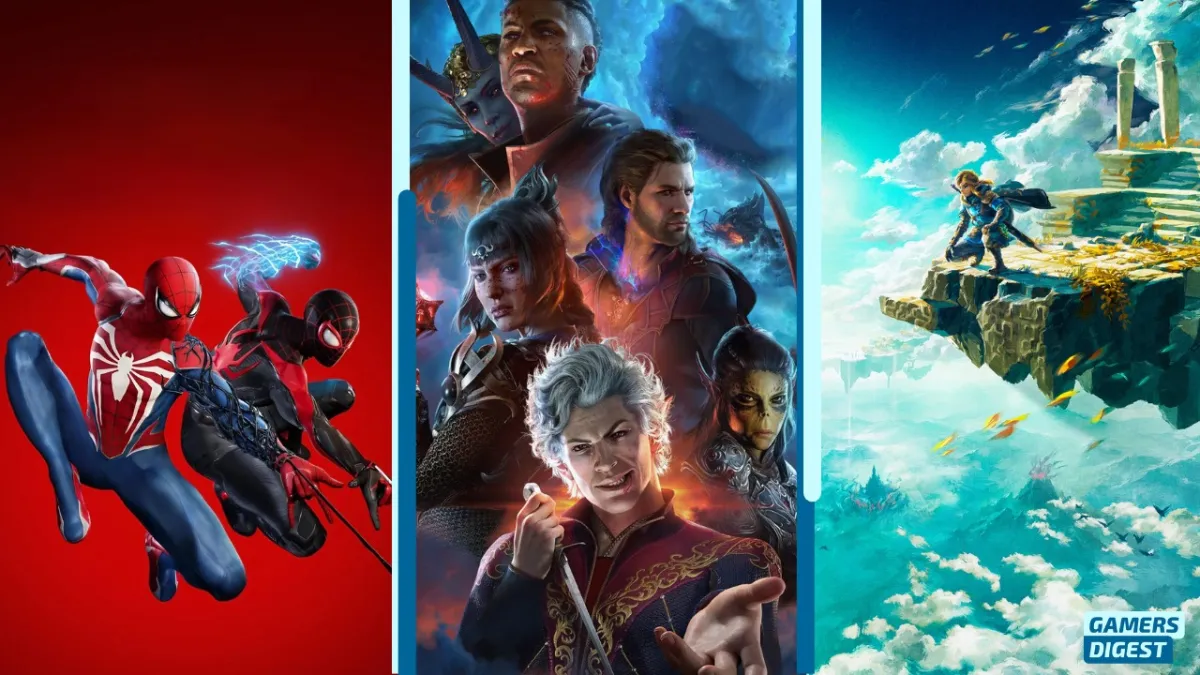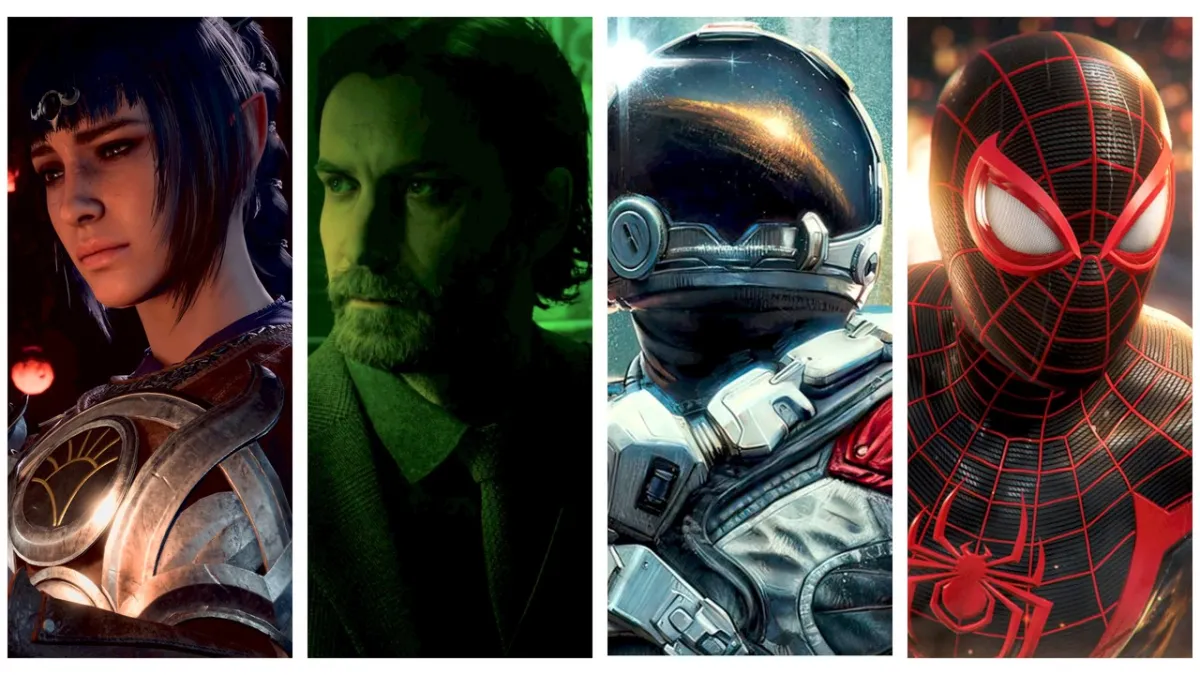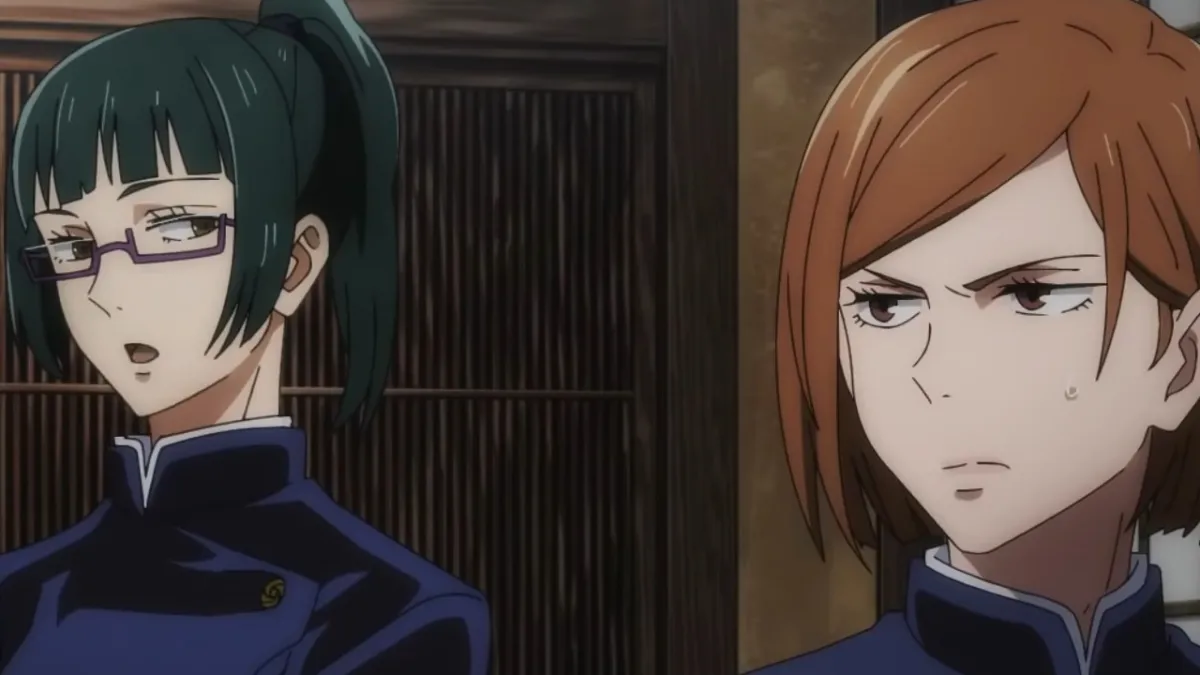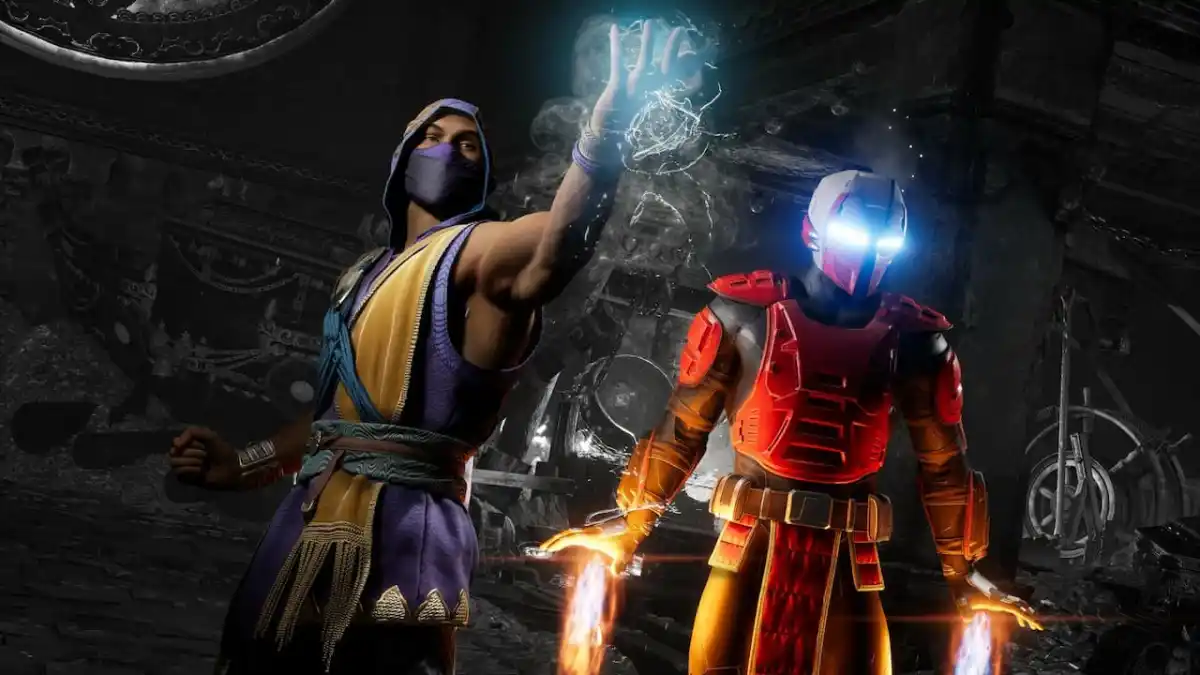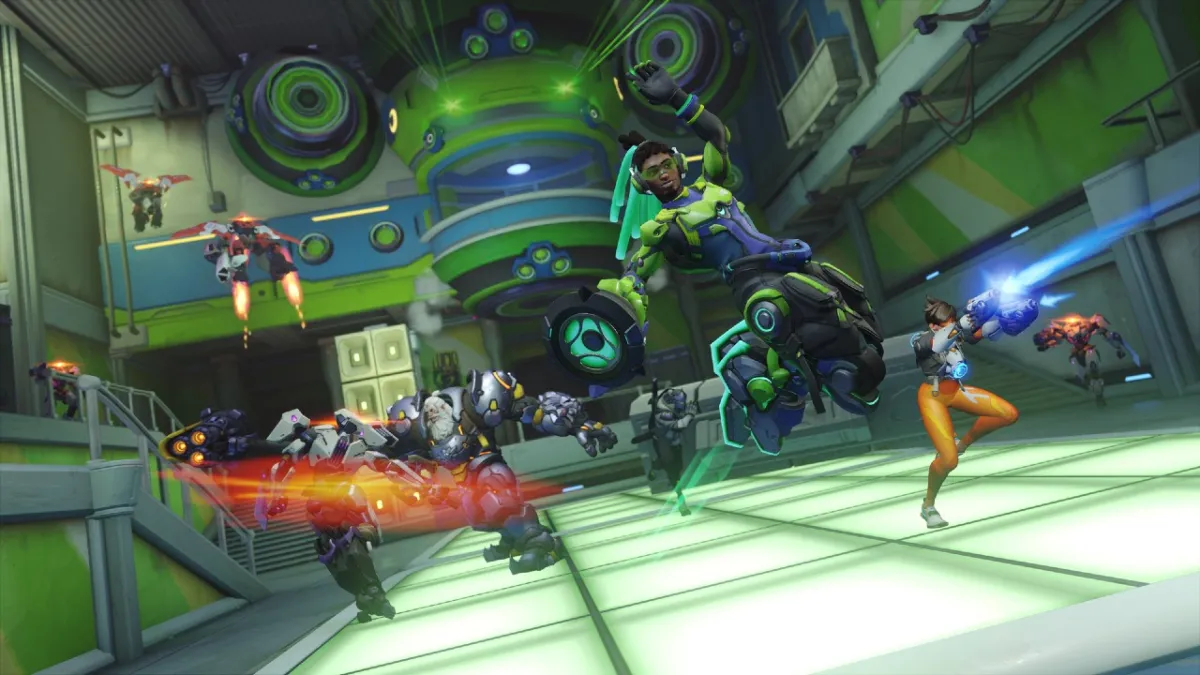Four months ago, the final episode of The Walking Dead: The Final Season, which also doubled as the final episode of Telltale’s The Walking Dead series as a whole, was released. And I’ve thought about this series, and The Final Season in particular, literally every day since.
The Walking Dead: The Final Season provided the most emotionally impactful experience I’ve ever had with a fictional narrative, regardless of medium. And it’s not like I’ve had a shortage of experiencing emotionally moving stories. In fact, just since the finale of The Final Season was released, I experienced the surprisingly emotional season finale of the third season of Stranger Things, I had an emotionally investing experience finally playing Final Fantasy VII for the first time, and I experienced the emotional climax of over ten years of storytelling in the Marvel Cinematic Universe with Avengers: Endgame – then, of course, there are all of the emotional experiences I’ve had with movies, shows, books, and other video games before I experienced the end of Telltale’s The Walking Dead series. But nothing I’ve experienced before or after The Final Season has had quite the same impact on me.
There are probably a number of reasons for this, some of which I may not even realize. One obvious reason is the story and characters from The Walking Dead, which have really resonated with me. One thing the series has been consistently great at is presenting complex characters with complicated relationships with each other and the player. I’ll never forget the power struggle between Kenny and Lilly in the first season of the series – both were characters that I liked, that I wanted to have good relationships with, and who I knew were both just trying to do what they thought was best, but they never saw eye to eye and I ultimately had to pick a side. This sort of relationship between characters requires a certain level of personal investment that I feel like is hard to get in other stories or other mediums. Not only are the characters not black-or-white archetypes of obvious good guys and obvious bad guys, but due to the choice-based narrative adventure gameplay, the player is directly involved in the relationship with these characters as well, rather than just watching a relationship unfold from a third-person perspective. Every relationship is deep and complex and they all directly involve the player.
Plus, there’s just the likability of many of the characters from the series. Characters like Luke and Chuck are just great guys, others like Omid and Louis can always help brighten the mood in an otherwise dark setting, and then there are those like Christa or Violet, who may take some warming up to, but who will ultimately prove to be valuable allies. These simple descriptions don’t do any of these characters justice, though, because they’re all complex characters and interacting with them via choosing dialogue options feels like you’re building a relationship with an actual person, not just a series of codes (at least in a first playthrough where you don’t know what to expect). And, as stated before, the fact that the player is actually interacting with these characters and building their own unique relationships with them makes everything feel much more personal.
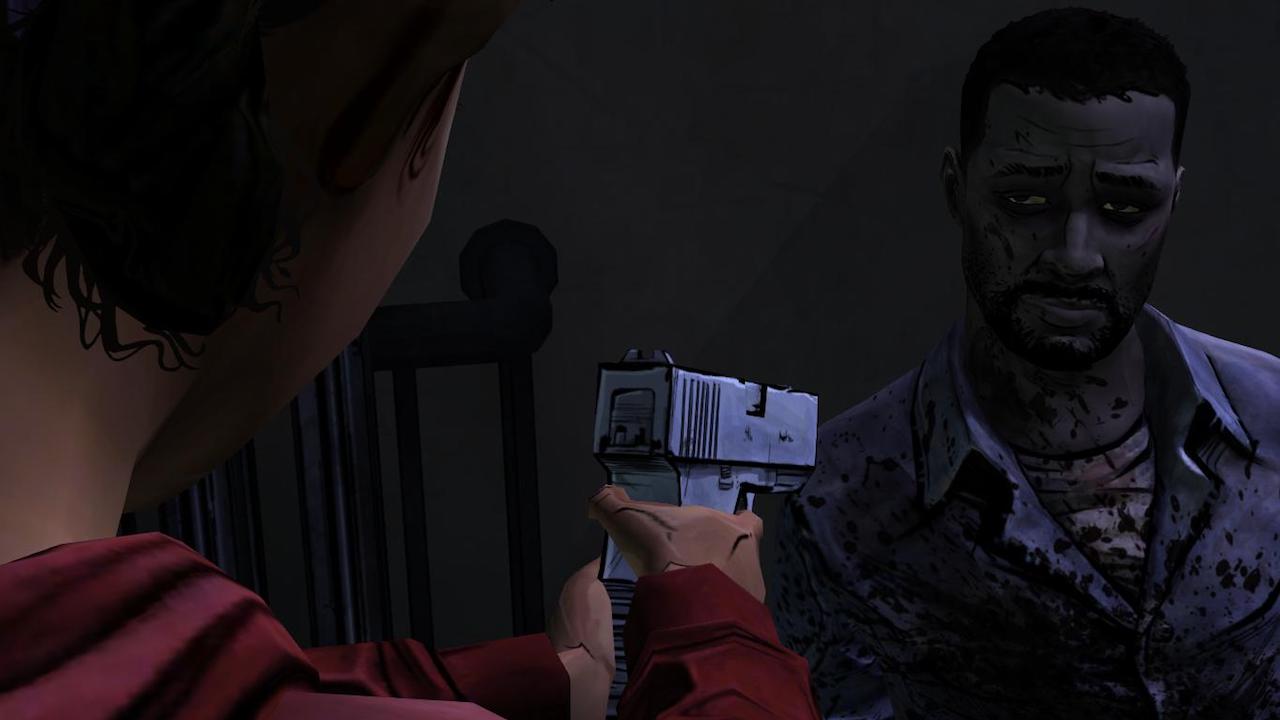
Another thing that may have helped make The Walking Dead such an emotional experience for me was its episodic structure. I’m not always a fan of episodic structures in video games, but I think there is something to be said about the fact that, when playing an episodic game as new episodes are still periodically coming out, you’re left with large gaps of time between episodes for you to just contemplate the characters and narrative before you can actually continue the story. It’s one thing to just binge a fifteen-hour game in a single weekend, but it’s another to spend a couple hours interacting with these characters, then spend a couple of months with them just in your head, wondering what’ll happen to them and how they’ll react, before getting to spend another couple of hours with them, then waiting another couple of months, etc. I absolutely adore NieR:Automata, but I was able to 100% that game in about two or three weeks, meaning I ultimately spent less than a month with those characters and with that story before I had exhausted it for all it was worth. The characters and lore and story still lingered in my mind for a while after, and it’s still one of my favorite games of all time, but I don’t know that I can say it’s still as emotionally important to me now as when I first played it. But, as stated earlier, The Walking Dead is still something I think about and linger on every single day, a third of a year after it wrapped up, and I can’t help thinking that that might, in part, be because I spent six years with these characters (I first discovered the first season in 2013), as opposed to just completing the entire story in a week or two.
The episodic and seasonal structure of the series also helped to ensure that I never really lost interest in it. Telltale’s The Walking Dead series started in 2012 and ended in 2019, with new content being released periodically every year in between except 2015. The almost constant releasing of new content, as well as the constant anticipation of the next installment, helped keep me invested pretty much that entire time – something I can’t really say for standalone games or movies, which come out and then they’re done without anything actively keeping me invested beyond my own personal interest. Not that this means that episodic or seasonal structures for stories are always better than standalone stories; I was deeply obsessed with The Last of Us when it came out, well before I knew that a sequel would ever happen. But in the case of The Walking Dead, I think that my current personal attachment to the series was probably helped by the fact that I was able to remain actively invested in it for the better part of a decade, as opposed to just a week or two through an initial playthrough of a single installment.
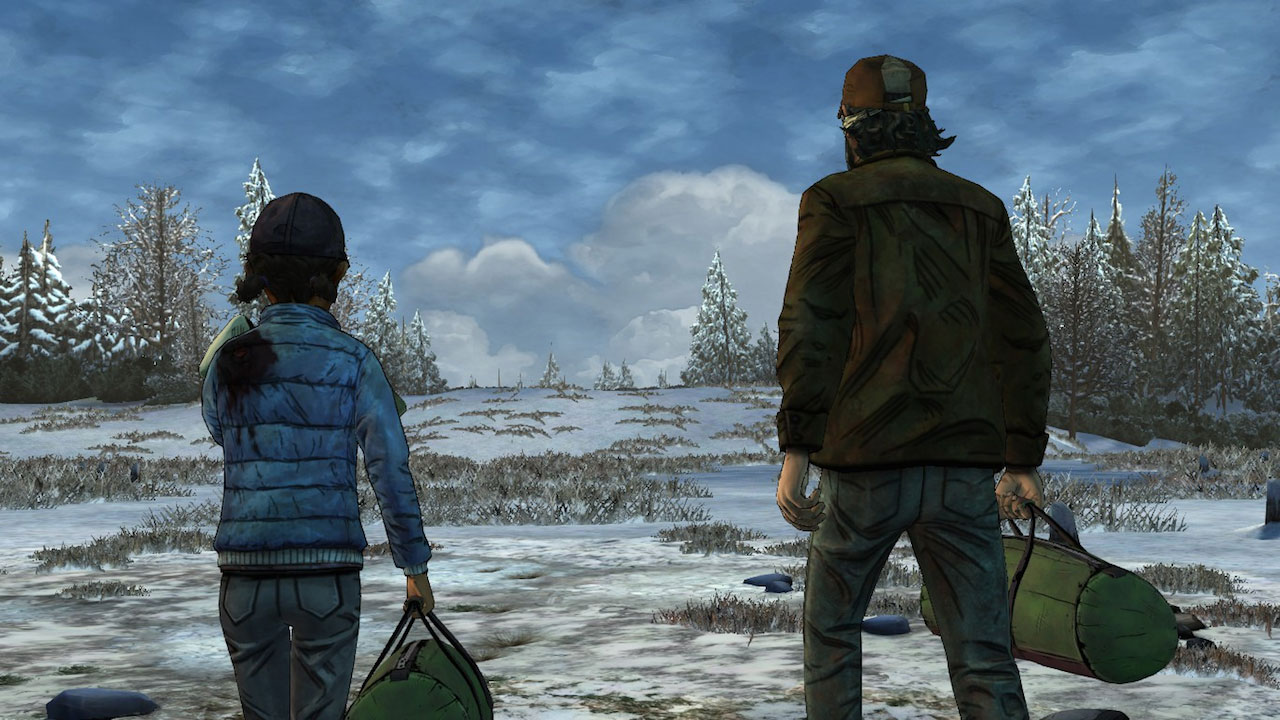
There’s also another aspect of The Walking Dead that may have contributed to my obsession with it beyond its great characters and story, active player involvement, and constant investment, and that’s the story of its development cycle. Before its closure, Telltale Games was one of my all-time favorite video game developers. Besides The Walking Dead, the company also made some more of my favorite games, like The Wolf Among Us and Tales from the Borderlands. As someone who has become increasingly fascinated with the potential of interactive narratives in video games, I found Telltale to be one of the best in this area. So, as you can probably imagine, it was heartbreaking for me when they shut down last year, right in the middle of developing the final season of my favorite video game series, no less. The weeks and months following Telltale’s collapse provided an emotional rollercoaster of their own. I was upset over the conditions that Telltale employees had been working under for years, I was upset that they all suddenly had to undertake the arduous task of finding new work (a pain I know all too well myself), and I was obviously upset that it looked like, after two great episodes, The Final Season wouldn’t get finished and this six-and-a-half-year-long story of the full series would never get the resolution it deserved.
But in the wake of Telltale’s demise came a new story, one about Skybound Games coming in to not only finish Clementine’s story in the way it was meant to be finished, but hiring many of the former Telltale employees who had been working on the game to come finish it. Staying up to date on Skybound’s various dealings with what was left of Telltale to hire what would become the StillNotBitten Team and finish The Final Season earned emotional investment of its own, and I kind of felt like I had developed something of a personal attachment to the StillNotBitten Team, despite the fact that, a few very brief Twitter interactions aside, I don’t actually know any of them. The StillNotBitten Team became something to actively root for, rather than just something you hope will churn out a good product. With any video game I like, I always wish for the best for its development team, but the story of the StillNotBitten Team felt much more personal to me and, ultimately, increased how invested I was in The Walking Dead, and The Final Season specifically. I don’t want to seem like I’m painting the trauma of 250+ people losing their jobs as a good thing because it helped me like a video game more, but I do feel like, through the tragedy that was the shutdown of Telltale Games, something of a unique bond was formed across the entire Telltale’s The Walking Dead community, developers and fans alike.
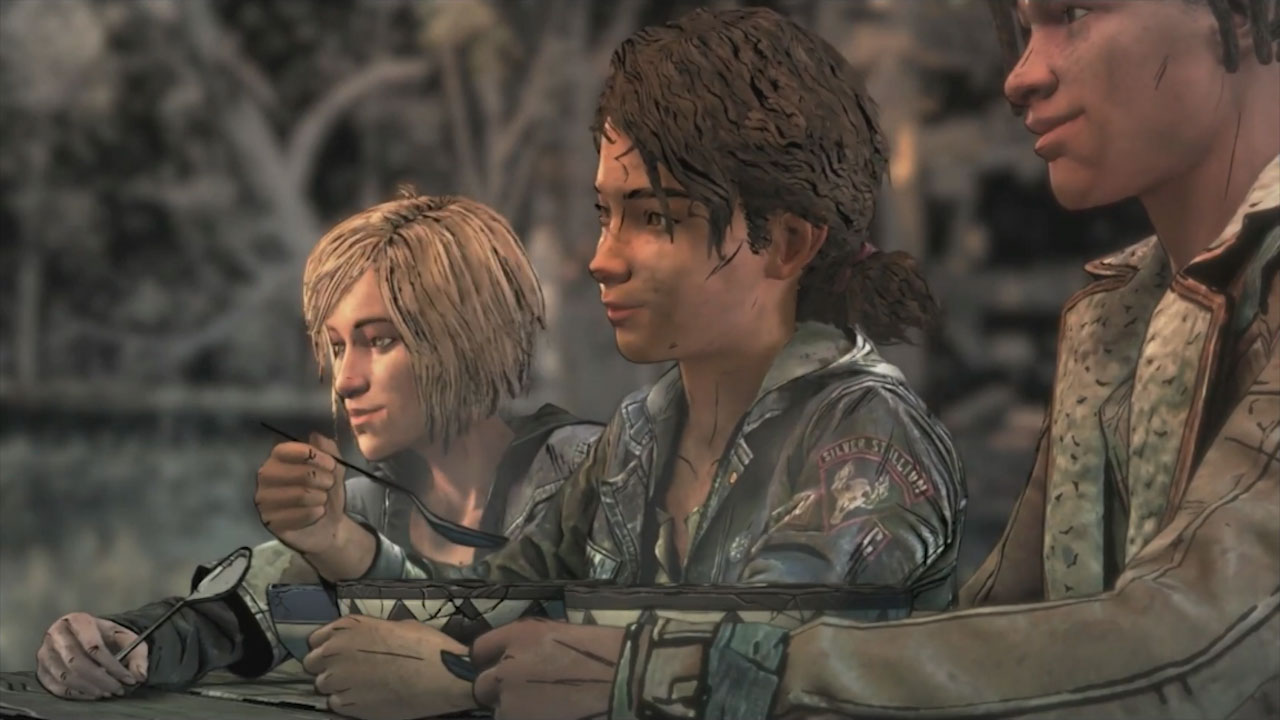
In a sense, The Walking Dead kind of provided for the perfect storm of various factors that led to it being the most emotional experience I’ve ever had with a piece of fiction. The games themselves, in particular their stories and characters, are already amazing on their own, and made infinitely more personal by requiring the player’s active involvement in the shaping of the narrative and the player characters’ relationships with other characters; due to the fact that the series was released in segments, with gaps between segments never being too short or too long, I was kept constantly invested over a long period of time; the bond that I felt I had developed with the community, both developers and other fans, during The Final Season’s tumultuous development cycle helped invest me in the series on an entirely different level – these, and I’m sure many other reasons that I’m not even thinking of, are all things that I think helped contribute to the fact that The Walking Dead’s characters are my favorite fictional characters of all time (Clem and Violet in particular – and quick side note: The romance between Clem and Violet is the only time I’ve actively enjoyed and been super invested in a fictional romance, since most of the time I can only hope to simply tolerate a romantic sub-plot at best), The Walking Dead is my favorite video game series of all time, and The Walking Dead as a whole has emotionally impacted me more than any other story in any medium.
I want to just take a moment to thank all the creative people who’ve worked on Telltale’s The Walking Dead series over the years. I also want to thank people in general who make or who have made video games, or any other emotionally impactful piece of art. The Walking Dead may be my personal favorite, but everyone has their own reasons for being particularly emotionally impacted by games and stories all across the genre and medium spectrums, so thank you all for the work you do.


